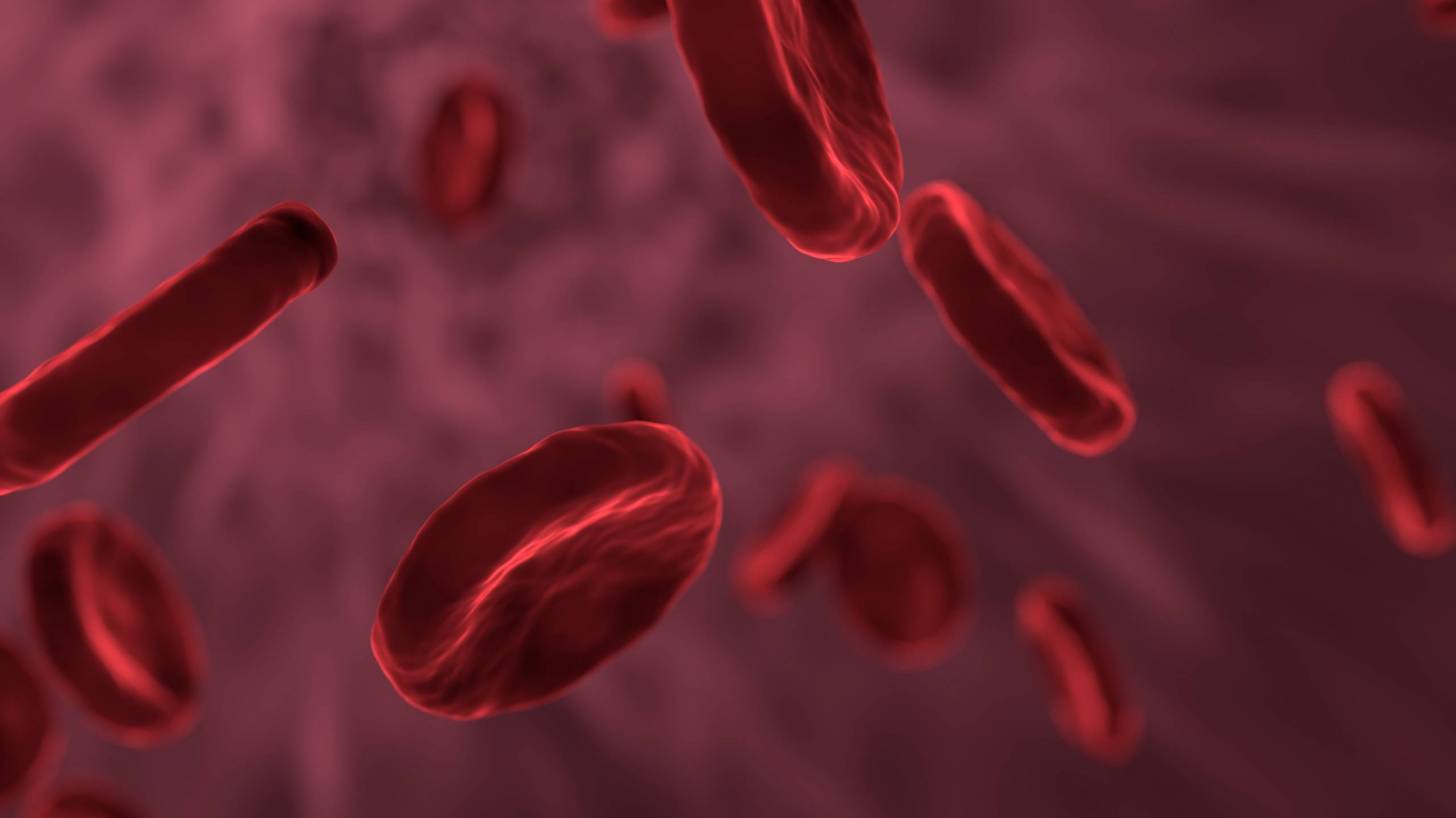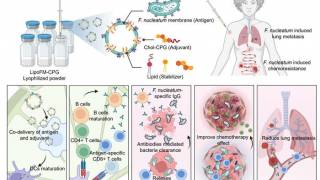Early-Stage Leukemia Vaccine Study Reports 80% Survival Rate

A Munich based immuno-oncology company published topline results from its completed open-label Phase I/II clinical trial of Medigene's autologous dendritic cell (DC) vaccine in patients with acute myeloid leukemia (AML).
The trial's primary outcomes were announced by Medigene AG on January 10, 2020, reported the measures assessing the feasibility of DC vaccine manufacturing/administration, and its safety/tolerability over 2 years, were successfully achieved.
The secondary outcome measures evaluating key clinical parameters show that after 24 months of treatment overall survival rate (OS) was 80 percent (16 of 20 patients) and progression-free survival rate (PFS) was 55 percent (11 of 20 patients).
This is very positive news since in the current AML treatment paradigm, patients 60 years of age or older are often ineligible for hematopoietic stem cell transplantation and have poorer treatment outcomes.
As disclosed at the time of the 12-months interim analysis in December 2018, in patients where disease relapsed, most cases (5 out of 8) occurred within the first 80 days after the start of the vaccination.
These early relapses were investigated by molecular mutational analysis which suggested that some relapses had already begun on a molecular level at the time of entry into the study.
Dr. Yngvar Floisand, Head Physician of the Department of Hematology at the Oslo University Hospital and Principal Investigator of the trial, commented in a press release, "New treatment options are desperately needed for patients with AML. The disease progresses rapidly and may be fatal within a few weeks or months, if untreated.”
“Even despite having received treatment, the majority of predominantly elderly patients continue to experience minimal residual disease burden that sooner or later leads to a relapse of the disease.”
“Medigene's DC vaccine trial was designed towards potentially making new treatments available for these patients, specifically aiming at reducing the risk of relapse in treated patients after completing conventional chemotherapy.
The now final topline results from this Phase I/II clinical trial with patient-derived DCs confirm the previously published promising 12-months interim analysis.
The clinical outcome is encouraging, not only regarding the excellent safety and tolerability profile but also for overall survival when it comes to secondary endpoints."
Dendritic cells are a specialized type of immune cells. They patrol throughout our body, take up antigens, process them and present short peptides on their cell surface.
These peptides are recognized by other types of immune cells such as T cells or natural killer (NK) cells, which then become activated. In this way, the activated immune cells are enabled to recognize and eliminate tumor cells.
The scientific team of Medigene has developed new, fast and efficient methods for generating autologous (patient-specific) mature DCs which have the relevant characteristics to generate very strong T cell and NK cell immune responses.
The DCs can be loaded with various tumor antigens to treat different forms of cancer. Since an immune response builds up over the total time of administration of the DC vaccine, this form of therapy is particularly designed for patients who suffer from a tumor disease which has been reduced by chemotherapy to such an extent that the prevention of the recurrence of the tumor disease is the main goal.
Acute myeloid leukemia is a malignant disease of the hematopoietic system, affecting mainly adults above 60 years of age.
AML is a heterogeneous type of cancer affecting patients' blood and bone marrow. It is characterized by an overproduction of myeloid progenitor cells named myeloblasts or leukemic blasts.
These cells prevent the generation of normal blood cells, causing a decrease in erythrocytes and platelets, for example. Typical symptoms of AML include anemia, fever, increased risk of infection, and bleeding. AML progresses rapidly and may be fatal within a few weeks or months, if untreated.
AML is typically treated initially with intensive induction chemotherapy in order to achieve remission.
Some patients are eligible to receive additional chemotherapy or an allogeneic hematopoietic stem cell transplant (HSCT), which increases the potential for eradication of residual tumor cells.
However, HSCT induces high morbidity and mortality and only less than half of the AML patients can be treated with HSCT.
Additionally, elderly patients may be unable to complete the full regimen of intensive chemotherapy due to its highly toxic side effects. Thus, the majority of elderly patients remain undertreated and continue to experience minimal residual disease (MRD) burden that sooner or later will lead to leukemia relapse.
More detailed data and analyses will be presented at upcoming scientific conferences.
Medigene AG is a publicly listed, clinical-stage biotechnology company headquartered in Martinsried near Munich, Germany. Read more about Medigene's company profile.
Cancer Vaccine news published by Precision Vaccinations.
Our Trust Standards: Medical Advisory Committee
























